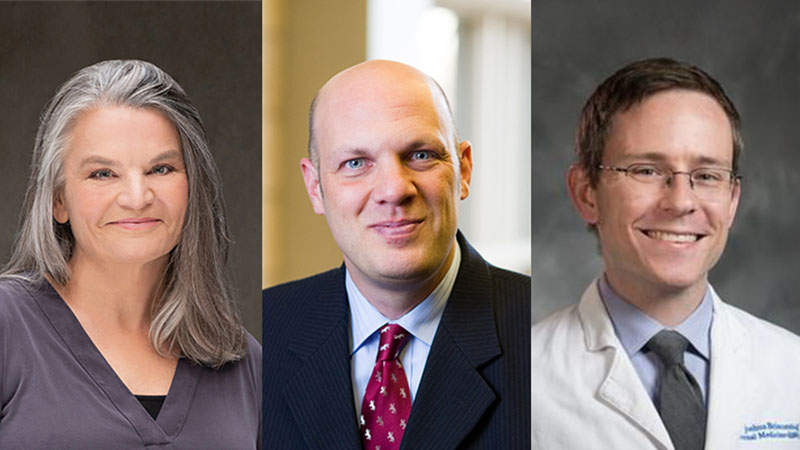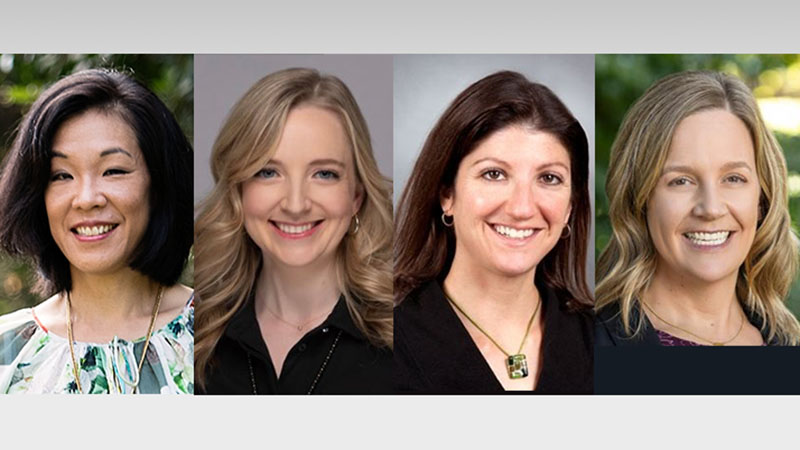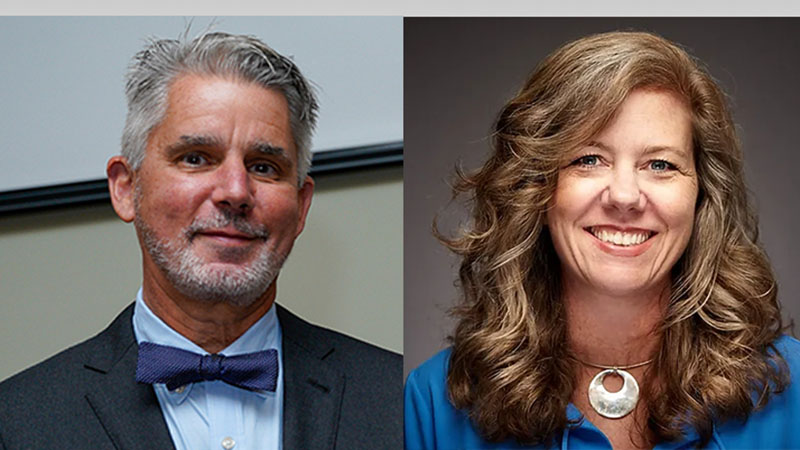by: Abigail Nathanson, Bridget Sumser, Shirley Otis-Green, and BJ Miller
These are survival times. The pandemic, the drawn-out election, the climate crisis, the parading of white supremacy – the last year has changed how many of us see ourselves, care for ourselves, and engage in the world. Our sense of impact and control are ever changing, rapidly redefined by external forces and perhaps some internal ones too. Without our familiar sense of control, death feels more salient, more real, and not as far away as we are used to. Our ICU’s are full. We have countless videos of Black people being killed by police with little to no accountability. The Capital stormed. Wildfires, hurricanes, earthquakes. We refresh our news feeds hoping for a different story; we don’t get it. Our usual ways of coping aren’t cutting it – many of us feel unsure how to forge a meaningful path forward. From this uncertainty comes the invitation to explore a new path, one that involves a more personal relationship with death.
Even under ordinary circumstances, feelings about death are complex. We are all dying; intellectually we always know this, and spiritually, there are times we feel it more acutely [1]. For many of us, our work has helped to navigate our relationship to dying more personally. Work was a place where we could sometimes feel a sense of power related to dying and death [2]. As experts in being with and guiding others through this space, we chiseled out a place in our professional worlds where we could face the existential through others.
Under these extraordinary circumstances, we may feel differently. Overwhelmed and tired, newly less able to separate personal from professional, the guideposts of accomplishment may be harder to find. As our physical and emotional reserves drain with increased workloads and uncertainty, the options for restoration and recuperation are greatly reduced by social distancing. We can’t sit on the couch together with a glass of wine while our kids play in the other room. No banter between meetings in the hallway. No conference bar crawls. Demands for our services continue to grow and our collective adrenals are tapped from almost a year of anticipation. The cumulative effect can leave us feeling disconnected, under-resourced and less effective. Facing the frailty and death of others, without the usual illusion of space between us, we become unmoored from our known ports. Where do the experts turn when the feeling of expertise runs out?
Roles, relationships and accomplishments usually help people channel their unconscious existential dread. Terror Management Theory suggests that in palliative care, our formal efforts to address our patients’ suffering may actually be in the service of ourselves [3]. It posits that when we are part of a community, we do not feel as vulnerable to the limitations of our individual impact. Our professional roles may give us a sense of agency in the face of uncertainty and vulnerability – and yet, perhaps what we’ve been calling “agency” has been a cover for us, an antidote to our own existential distress [1]. When we hold space to explore patients’ experiences with illness, we may also subconsciously attempt to create space from our own vulnerability. Suddenly, we can’t put our own mortality to the side. Our vulnerability is intensified when external forces interrupt our carefully constructed paradigm. The current sociopolitical unrest, the global pandemic and the climate crisis all stress our sense of control. This reality makes the need for agency over vulnerability feel more acutely pressing. As palliative practitioners driven by both political and public health demands, it is tempting to cling ever more tightly to our notions of ‘impactful’ work to help us feel secure. These all-consuming circumstances also threaten the patient-practitioner distance we once kept, disrupting the ways our professional roles had sustained and protected us [1].
This dynamic may be well understood in the context of demoralization. Demoralization comes from the perception of being personally unable to change what is causing us to suffer, resulting in feelings of anger or bitterness [4]. This experience may be misunderstood as depression, as they both can present as forms of distress. Research supports that depression, (a loss of pleasure and joy), is different from demoralization, (a feeling of powerlessness in response to a situation). Although they both may cause angst and withdrawal from experiences that normally sustain us, understanding where they each come from can better inform how we reimagine our relationship to our work [3].
The unrelenting uncertainty in the world today makes the feeling of security fleeting, leaving us especially vulnerable to demoralization. It is possible we are also collectively grieving our ability to meet professional demands and to anticipate the future. The intertwined experiences of demoralization and grief are an implicit invitation to live with our mortality while we navigate a changing relationship to security and control.
And herein is an opportunity. Our own discombobulation more closely mirrors what our patients and their families go through. We hear often that there was “before” — and now, in the “after,” they may not be able to conjure a predictable future. Usual coping flies out the window. Unable to compartmentalize, things can feel relentless, unboundaried, all-consuming. Exhausting. Demoralizing.
All of that counsels us to reconsider the traditional separation that we have been taught exists between “patient” and “practitioner.” Few things in life are binary, yet we hold this distinction often as a form of protection or compartmentalization. Those of us privileged to be with patients facing the end of their lives have the opportunity to learn about dying done by experts. These experiences at the bedside remind us of the power of ritual and the comfort of routine during times of crisis; they show us how to be ourselves while losing ourselves; how to scrape meaning together from life falling to bits; they show us how to live with death in the room.
Polarity thinking reminds us that many aspects of life may most accurately be categorized as “both/and”- our patients are dying, and they are living. The world feels overwhelming right now and we are living; accepting that contradiction can help us to mitigate our tendency to catastrophize. To live an “undivided life” [5], we must integrate opposing forces into an authentic whole. “I have less control over the care I am providing, and, the care I am providing still matters a great deal.”
If separation is ultimately the cause of so much anxiety, then we can celebrate at least that there is less of a difference now between our patients and ourselves, or between our personal and professional roles. Being uncomfortable in this big way offers the potential for a new allegiance with those we’ve long thought we were serving. The gap between “self” and “other” may be closing. As uncomfortable as that fact may be, it also offers the potential for the mass healing that has ever been the purported purpose of our work. Feeling broken may be just the thing that changes us and creates a new way forward, a way that has our humanity interwoven with those for whom we care.
About the Authors
- Abigail Nathanson, MSW, DSW New York University, Silver School of Social Work New York, NY
- Bridget Sumser, MSW University of California, San Francisco, Department of Palliative Medicine San Francisco, CA
- Shirley Otis-Green, MSW, MA Collaborative Caring Toluca Lake, CA
- BJ Miller, MD Mettle Health San Francisco, CA
References
- Liechty D. Touching mortality, touching strength: Clinical work with dying patients.
Journal of Religion and Health. 2000. 39(3): 247-258.
- Gabel S. Demoralization in health professional practice: Development, amelioration,
and implications for continuing education. JOURNAL OF CONTINUING EDUCATION IN THE HEALTH PROFESSIONS. 2013. 33(2):118–126. doi: 10.1002/chp.21175
- Burke BL, Martens A, & Faucher EH. Two decades of terror management theory: A
meta-analysis of mortality salience research. Personality and Social Psychology Review. 2010. 14(2), 155-195. doi: 10.1177/1088868309352321
- Robinson SR, Kissane DW, Brooker J & Burney S. A review of the construct of
demoralization: History, definitions, and future directions for palliative care. American Journal of Hospice & Palliative Medicine. 2016. 33(1): 93-101. doi: 10.1177/1049909114553461
- Palmer, PJ. (2004). A hidden wholeness: the journey toward an undivided life :
welcoming the soul and weaving community in a wounded world. San Francisco, CA: Jossey-Bass.




